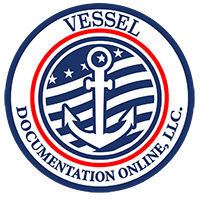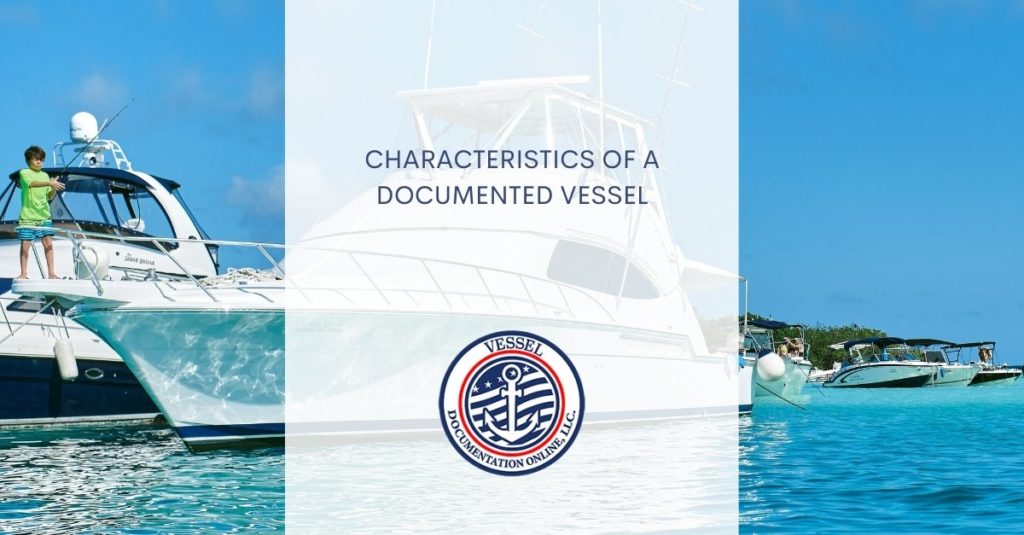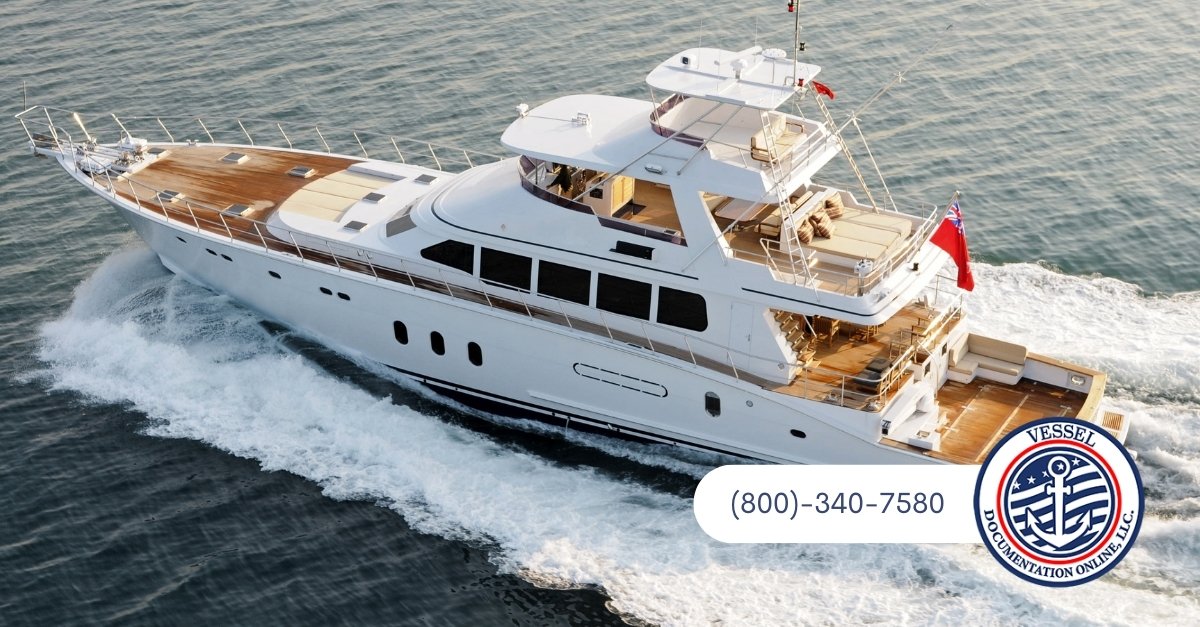Boat owners licensed by the United States Coast Guard should be aware of the distinction between a documented and undocumented boat. In contrast to an undocumented vessel, a documented vessel has been registered with the United States Coast Guard (USCG). In order to utilize your vessel on the sea, you must register it with the USCG (United States Coast Guard). According to ecfr.gov, smaller boats must also be registered with the USCG in specific situations. For example, all vessels with more than ten horsepower engines and sailboats longer than 26 feet must be registered. Your boat must be registered if traveling outside of the federal property for the most part. There are various exceptions to these requirements depending on the size of your vessel. A documented vessel has several distinguishing traits that set it apart from other vessels on the ocean. Here are some of them:
A Documented Vessel Is Eligible for Certain Tax Breaks and Reduced Registration Fees
Are you looking to purchase a boat at this time? Are you the proud owner of a yacht who is interested in lowering the cost of your annual registration? If this is the case, you are likely familiar with the words documented boat and documented vessel. However, do they refer to the same thing? It’s not quite that. Four distinguishing features define a recorded vessel; an explanation of each of these features can be found below. Suppose a boat has all four of these qualities. In that case, it will be regarded as a documented vessel and will be eligible for specific tax reductions and lower registration costs. You may be eligible for reduced boat ownership costs if you demonstrate that your vessel complies with US Coast Guard regulations for construction, maintenance, and paperwork.
A Documented Vessel Can Be Used in Foreign Trade.
In the law context, a vessel is said to be documented when it satisfies specific criteria. According to the customs and navigation regulations of the United States, a vessel that is in good standing with the United States Customs Service is permitted to engage in any commerce, including international trade. A vessel registered in the United States can go outside of United States territorial waters and call at any port that is permitted by law. Although some governments let foreign-flagged boats visit their ports and do business there, the vast majority of nations do not comply with such requests. A documented vessel may be utilized in international commerce, i.e., conveying commodities to a foreign port. A vessel that has its documentation in order will not be required to get any licenses or permits from foreign governments to sail from one port to another inside the same country if it is entering or leaving that nation’s territorial waters.
The Legal Ownership of a Documented Vessel Is Easier to Prove in Court
When someone purchases a boat, the issue of who is the legitimate owner of the vessel is likely to arise. This may be a source of confusion, mainly if several persons are engaged in making the purchase and the payment. The existence of documentation helps to clear up this misconception. A vessel is considered documented if it has been given a bill of sale by the United States Coast Guard or another government body. This bill of sale verifies that the owner has the legal right to operate the vessel on public seas and rivers. The current owner’s name and address are included on the bill of sale, as is the vessel’s registration number. Additionally, the document includes the serial number of the vessel. In addition, if anybody attempts to claim ownership of your boat after you have already paid for it, you may show that person your bill of sale, and they will have no option but to back down from their claim.
Documented Vessels Have Precedence in A Collision or Accident Over Undocumented Vessels.
The Certificate of Documentation provides proof that the vessel has been examined and is in compliance with all of the seaworthiness and safety criteria set out by the US Coast Guard. In a collision or accident, a vessel that possesses proper documentation is given precedence over a vessel that does not. If two vessels are involved in a collision, the United States Coast Guard will evaluate which vessel has priority depending on whether or not it possesses documentation. If one of the boats doesn’t have the proper documentation, it will lose its right-of-way status, and if there is any damage to either boat or the persons on board, it will be regarded as at blame.
There are various reasons you may wish to record your vessel, but you should be aware of all the relevant aspects before deciding. Give our documentation specialists a call at (800) 340-7580 to discuss these four features.





